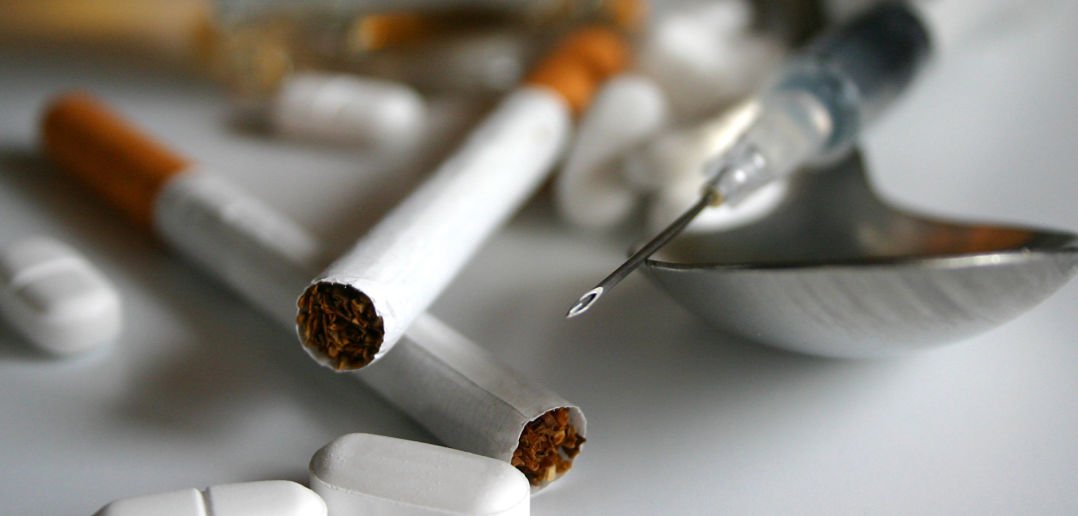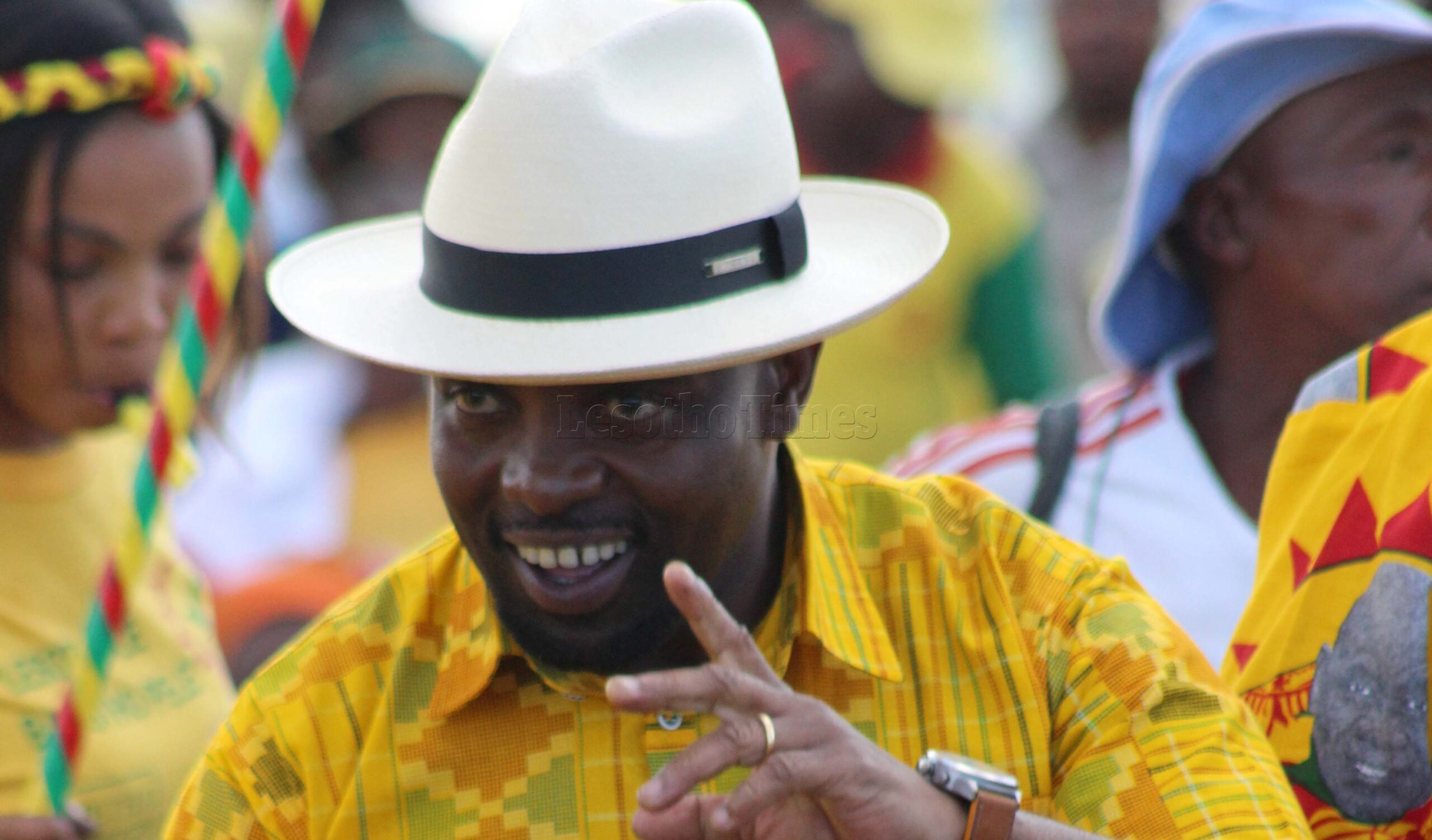
Seithati Motšoeneng
DIRECTOR of the Lesotho Schools Early Detection and Treatment of Addiction Programme, Teboho Bulane, has urged parliament to declare drug abuse a national crisis and establish a dedicated body to address the problem.
Addressing the parliamentary Social Cluster Committee on Tuesday, Dr Bulane warned that the current trends in substance abuse in Lesotho indicated the country was at risk of failing to meet the global target for health (SDG 3.5) by 2030, which aims to strengthen the prevention and treatment of substance abuse, including narcotic drug abuse and harmful use of alcohol.
Dr Bulane said during their early detection outreach in schools across the country, 68% of learners were found to be occasional to regular users of alcohol, cigarettes, and cannabis.
The alarming statistic includes both primary and high school students, with 48% of them performing poorly in their academics.
“The issue of substance use affecting children’s academic performance automatically calls for an urgent response, as it could have a diverse effect on the country’s development moving forward,” Dr Bulane said.
He lamented that Lesotho was moving too slow in responding to substance disorders, raising concerns that the country might lose its battle against substance abuse.
“The current trends released by the World Health Organization reveal that certain countries will not be able to meet some global targets by 2030, and Lesotho is no exception when it comes to addressing substance abuse,” Dr Bulane warned.
He called on the government to declare drug addiction a national crisis and pass the bill to establish a National Addiction Service Center (NASC).
“Only five years remain before 2030, making it crucial to mobilise resources for the rigorous implementation of SDG health target 3.5.”
Dr Bulane criticised the Ministry of Health for its failure to adequately address mental health issues over the years, underscoring the urgent need to pass the bill establishing NASC.
The NASC would function as a single state agency for substance abuse, responsible for regulating, licensing, monitoring, planning, and funding substance abuse prevention, treatment, and recovery support services. Currently, Lesotho lacks facilities to treat substance addiction or admit patients for such disorders, he explained.
Dr Bulane said there was need for strong political will from the government to redeem the country in addressing mental health issues.
“Although there seems to be some light shining from the government, there is still much work to be done on the matter. The lack of professional help in substance disorder is a clear example of how far behind the country is in addressing substance use.”






